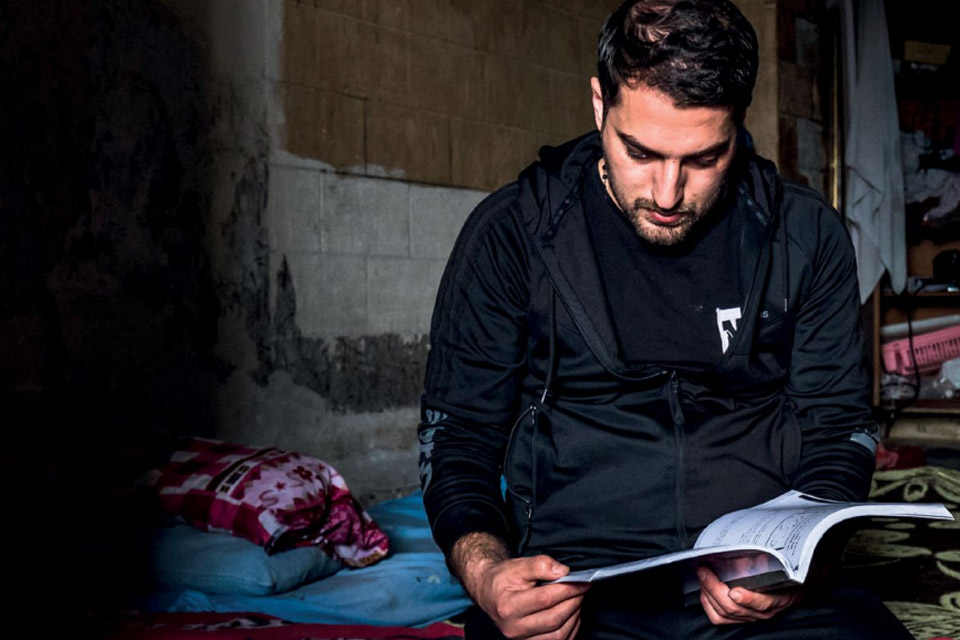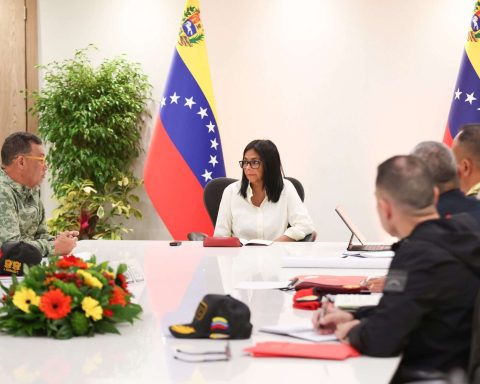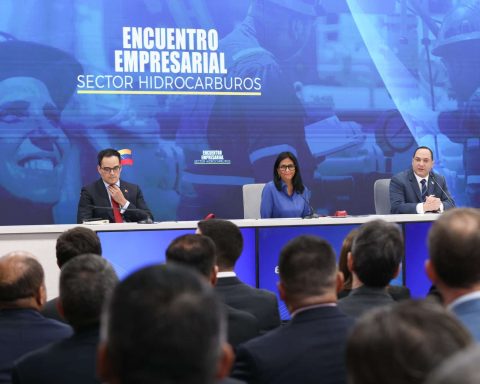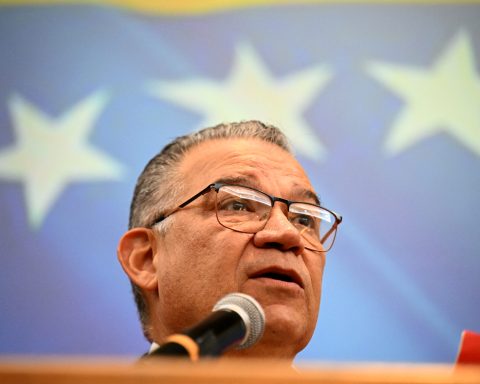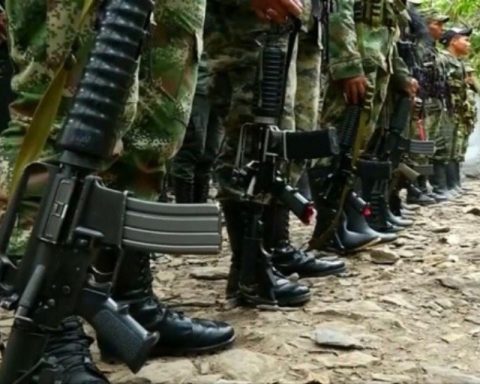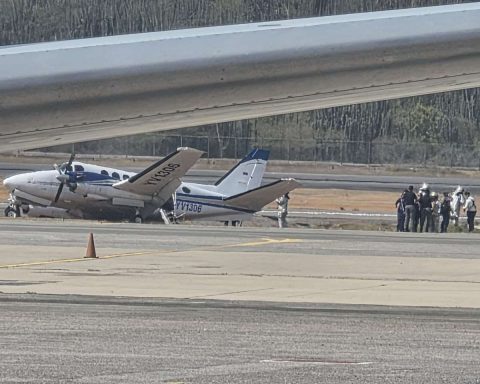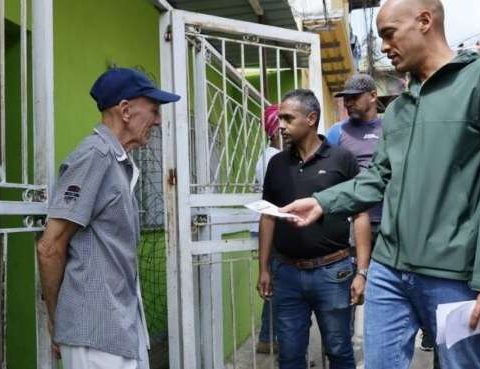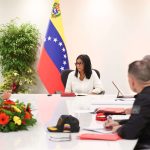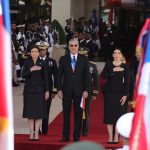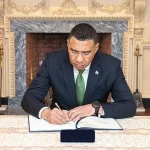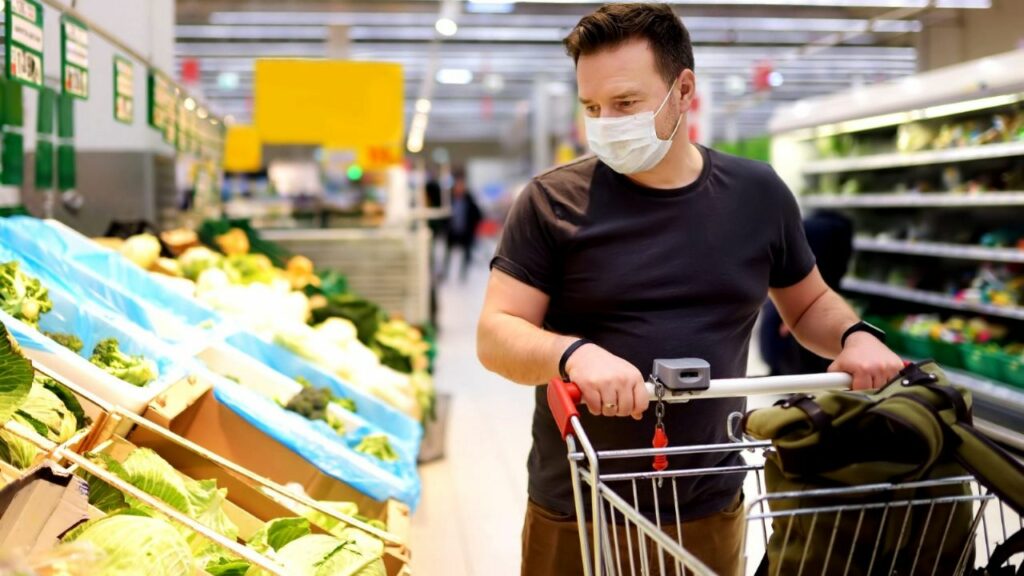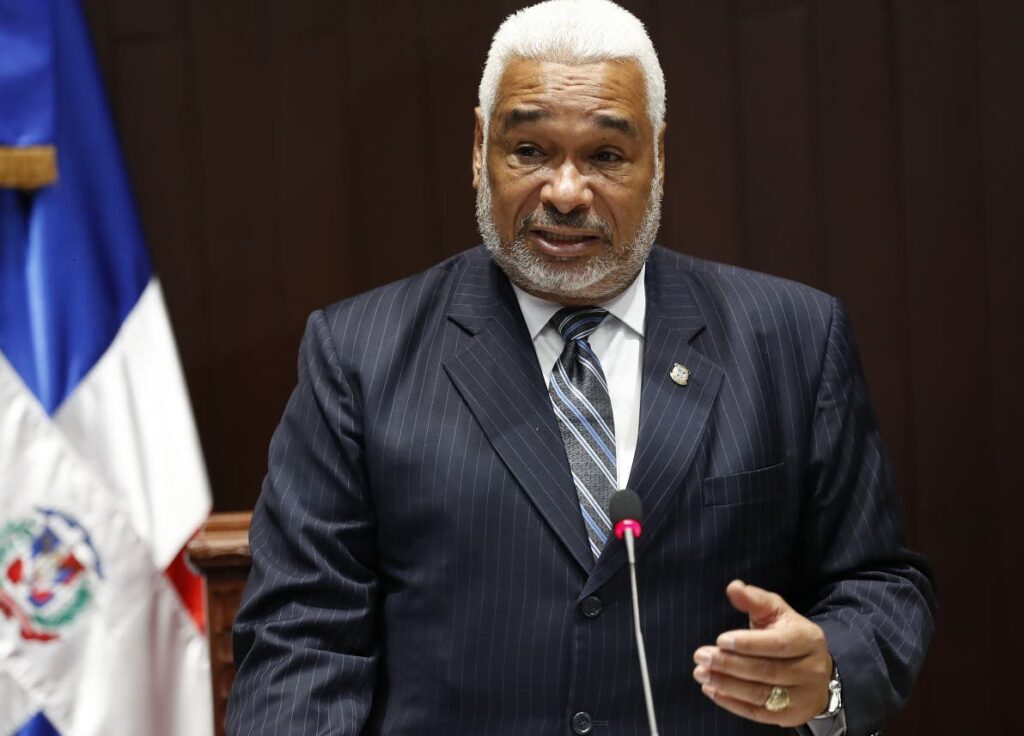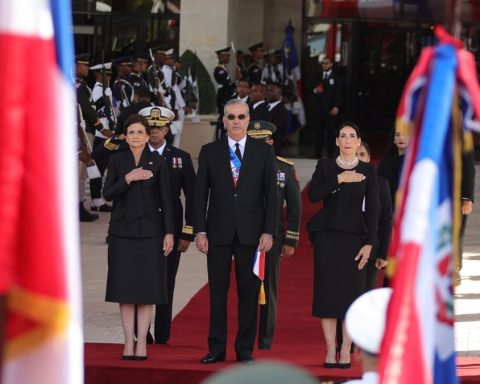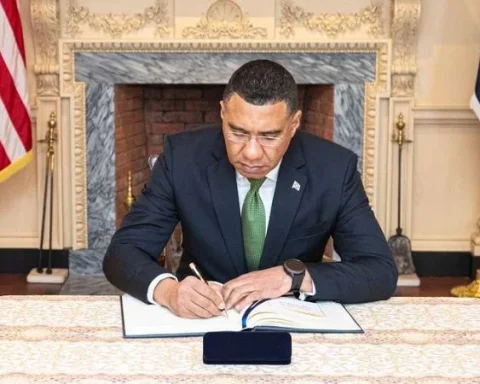From having lost everything to starting over, and opening the way to a better future, this is the story of Nathaly and Andrés who fled gang violence in El Salvador and poverty in Venezuela. Today, thanks to an initiative of the UN Refugee Agency, both young people live in Mexico and managed to go back to school
Like everything bad, the situation in the city of San Salvador, in El Salvador, gradually worsened. In 2019, the violence caused by gangs reached such a level that setting up a business, going out on the street or using public transport became a risk.
That’s how it counts Nathaly Raquel Machado Velasco, 25, whose life, like water heated to a boil, was gradually changed by the violence. First, she dropped out of school; then she quit her job and finally she decided to stop going out on the streets: her routine became a constant fear of being kidnapped by gangs. That day in May, she and her husband Enrique López, 29, made a decision: you had to leave the country and you had to do it now.
“My husband had problems with these groups (gangs) and so did my family, which is why we came to the conclusion that if we stayed there, in my country, we were never going to achieve anything: not even he was going to be able to start a business or something because they were going to bother him, I couldn’t even go out to study or walk freely in the street, because either they rob you or they kidnap you… you couldn’t”, he says in Interview with UN News in Spanish.
“There you can’t ride the bus alone because they come up to you and tell you things. What we wanted to avoid is that they ask me something and I refuse because if you refused, something could happen to you, they could grab you by force, ”she recalls.
So Nathaly and Enrique packed a few belongings, they boarded a bus that took them to Guatemala and then crossed the southern border of Mexico on foot, through Palenque, where relatives were already waiting for them. They finally felt safe, but the long road to integrate into a new country and culture had only just begun.
His wish: to become an engineer
Originally from Margarita Island, in eastern Venezuela, Andres Raphael Scale Acosta, 21, misses the spaciousness of the so-called “pearl of the Caribbean”, the warmth of his countrymen, and the turquoise blue color of the sea that painted his days and followed him wherever he turned. Despite this, his greatest desire is to study to become an engineer, which forced him to emigrate from his country.
“I arrived in Mexico the last week of 2018 as a humanitarian refugee, fleeing my country. I left because of the general situation: crime was at levels where you couldn’t even leave your house. I came to read news of people who went out at eight at night and to rob them, they shot them. The situation was very dangerous, apart from the problems of basic services: suddenly we spent a week without electricity, almost two months without water, a whole month without internet… Getting gas was very complicated and the whole situation in general in the country… It was very difficult to continue living there,” he says.
«My mother told me: it is time for us to move for your own good, because you will not be able to finish your degree in Venezuela, it is most likely that you will stay 8 or 9 years trying to finish and you will not do it. My family told me the same thing.”
*Also read: Tomás Páez: We have migrants in India or China who do not appear in IOM records
Today, Andrés has changed the sea and the beach for another ecosystem: a jungle of asphalt and buildings called Mexico City, the capital of the country, which has allowed him to continue studying. She emigrated with her mother, an aunt and a cousin as the most viable option to complete her studies; her father stayed in Venezuela.
Although he appreciates the food, the great monuments and the architecture, Andrés Rafael describes his Mexican experience as “overwhelming”, especially because of the difference in size between his native island and the land that has welcomed him.
Just to give an example, while in Margarita the population is 600,000 inhabitants, 9.2 million people live in Mexico City but, with the floating population that comes to work and then leaves, this number exceeds 20 million. Namely, Mexico City is 15 times bigger than Margarita.
“The size of Mexico City is overwhelming. I was used to living on an island where everything was half an hour away, to living in a city where the average time (transfer) is an hour and a half to anywhere, too many people. It has been very difficult for me to adapt”, confides the young man who longs to finish his university education and graduate as an engineer.
A hand for refugees
Today, thanks to the Initiative German Academician Albert Einstein (DAFI) from the UN Refugee Agency (UNHCR), both young people stayed in Mexico and managed to go back to school: Andrés Rafael studies Telematics Engineering at one of the best study centers in the country: the National Polytechnic Institute; while Nathaly Raquel studies a Bachelor of Social Work at the Universidad Salazar Palenque campus.
The two were approached by family members who already lived in Mexico and told them about it. The program offers the refugee and qualified student population the possibility of obtaining an academic degree in their country of origin or host country. In addition to economic support, UNHCR provided them with psychological support to face the change in their lives.
Worldwide, the Initiative has supported the enrollment and completion of tertiary education for more than 18,500 young refugees since 1992; It is designed to cover various expenses such as tuition, fees, study material, food, transportation and accommodation, among others.
In addition, those who obtain scholarships from the program receive close accompaniment, preparation and language courses, and networking and mentoring opportunities.
In Latin America, the program operates in Mexico and Ecuador; in the first of the countries, it started in 2019 and currently supports 52 scholarship holders. Worldwide, this 2022 the initiative celebrates its 30th anniversary.
Mariana Echandi Ruiz, UNHCR Durable Solutions officer explained that the objective of the program in Mexico is to work with higher education institutions so that opportunities can be expanded so that young refugees can integrate into the country through their studies, become professionals, and give back to the society that has received them, through their own education.
*Read the full note and more details about the program at UN News
Post Views:
440
